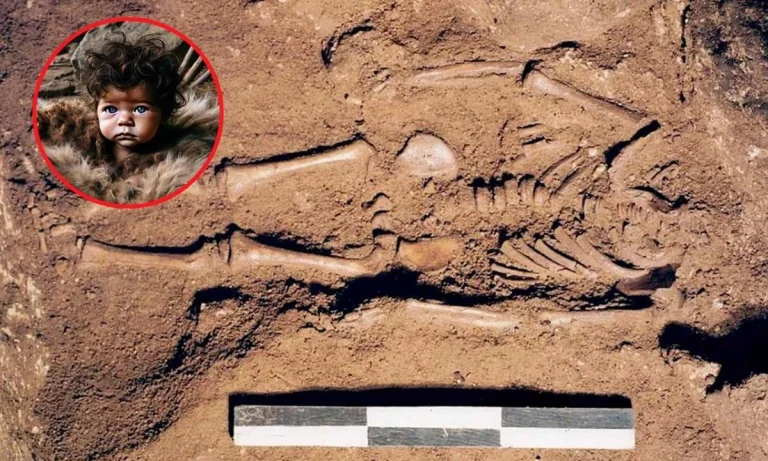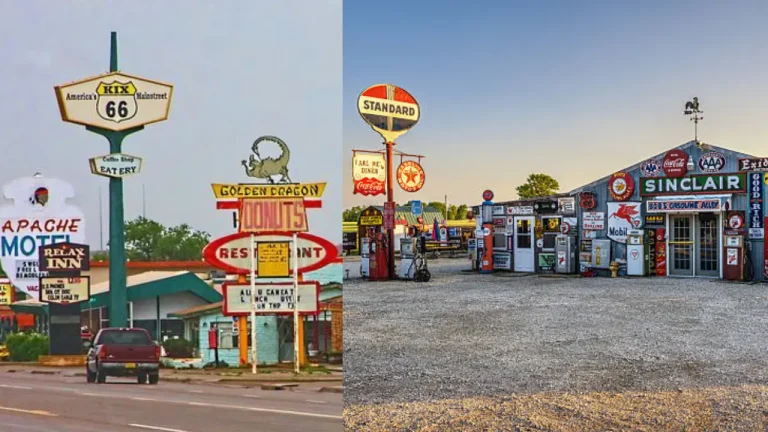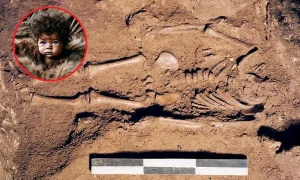Don’t mistake this for a plot of a spy novel. A former Coca-Cola employee tried to sell Coca-Cola’s trade secrets to its biggest competitor, Pepsi. Joya Williams, a former assistant to the director of global brands at Coca-Cola and a model employee of Coke turned her back to the company.
In 2006, she wanted to sell the secret documents along with a vial of a new product for millions of dollars.
The plan seemed foolproof, but Pepsi’s unexpected response turned the tables. Pepsi itself reported the woman to Coca Cola. “Competition can be fierce, but it must always be fair and legal,” in Pepsi’s own words.
This story reveals how Pepsi ethically handled their chance at getting back at Coca-Cola and the fair game between the 2 competitors. Let’s find out how Joya was caught red-handed.
The Heist Unfolds
Joya Williams had been a model employee, working closely with Coca-Cola’s top executives in their global marketing department. But feeling overlooked after 14 months in the role, she teamed up with Edmund Duhaney and Ibrahim Dimson to sell confidential documents and a test product to Pepsi.
Her goal was to sell these secrets to Pepsi for $1.5 million. She enlisted the help of Edmund Duhaney and Ibrahim Dimson, who were both looking for a quick payday.
In 2006, Dimson handed off an Armani Exchange duffle bag containing the stolen documents and a vial of a secret formula to a man he thought was a Pepsi executive. Dimson received $30,000 in cash, which he split with Williams and Duhaney.
They were excited about the potential big payday of $1.5 million. But there was a catch: the Pepsi executive was actually an undercover FBI agent.

Inside Coca-Cola: A Culture of Secrecy
Coca-Cola takes its secrets very seriously. The original Coke formula is locked in a multi-million dollar vault, and only two people know it.
Employees undergo regular security checks, and surveillance cameras are everywhere. In this environment, Joya Williams had been a model employee for years. She worked as an administrative assistant to the Global Head of Marketing and had access to highly confidential information.
“Traditionally, people who worked at Coca-Cola stayed there for many, many years and treated it as if it were a mission, a religion. It would be inconceivable for anyone who worked at Coke to reveal anything to PepsiCo.”
Mark Prendergast, author chronicling the history of Coca-Cola
The Model Employee Turned Betrayer: Reason Behind
Joya Williams had a solid reputation at Coca-Cola, but after 14 months in her position, she began to feel undervalued. She met Duhaney, who introduced her to Dimson. Williams told them she had access to Coca-Cola’s trade secrets and suggested they could sell these secrets to Pepsi.
Dimson sent a letter to Pepsi, pretending to be a high-level Coca-Cola executive. He provided proof of the documents by faxing some pages marked “highly confidential.” Pepsi seemed interested and transferred $5,000 to Dimson to show they were serious.

The Undercover Sting Operation
When Pepsi received the initial letter from Dimson, they immediately informed Coca-Cola. Coca-Cola then involved the FBI, leading to an undercover operation. Special Agent Gerald Reichard, posing as a Pepsi executive named Jerry, orchestrated the sting. He collected evidence, leading to the arrests.
“We did what any responsible company would do. Competition can be fierce, but it must also be fair and legal.”
PepsiCo spokesman

The Arrest and Trial
Williams, Dimson, and Duhaney were arrested on July 5, 2006, for wire fraud and stealing trade secrets. In court, Duhaney and Dimson pleaded guilty and received 2- and 5-year prison sentences, respectively. Williams initially denied her involvement but was eventually sentenced to 8 years in prison and ordered to pay $40,000 in restitution.
During the trial, evidence included surveillance footage of Williams packing the documents, phone records, and testimonies from her former boss and an FBI agent. The case highlighted the severe consequences of corporate espionage.
“They did so because trade secrets are important to everybody in the business community. They realise that if their trade secrets are violated, they all suffer, the market suffers and the community suffers.”
Public prosecutor David Nahmias praised Pepsi

Aftermath and Lessons Learned
The arrests had a significant impact on Coca-Cola and Pepsi. Coca-Cola’s reputation for security was reinforced, while Pepsi was praised for its ethical response. Pepsi’s spokesperson, Dave DeCecco, stated, “Competition can be fierce, but it must always be fair and legal.”
This case set a legal precedent for handling corporate espionage and emphasized the importance of maintaining ethical practices in business. Williams later reflected on her actions, regretting her decision to betray Coca-Cola.
“I am sorry to Coke and I’m sorry to my boss and to you and to my family as well.”
Joha Williams
The Background of the Cola Wars
The rivalry between Coca-Cola and Pepsi, known as the “Cola Wars,” has a long history. Both companies have engaged in aggressive marketing tactics, taste tests, and advertising battles to win over consumers. The protection of trade secrets is crucial in this highly competitive industry.

The Legacy in 2025: What We’ve Learned
Now nearly two decades later, this case is often cited in university business ethics courses and legal seminars. It serves as a blueprint for handling internal espionage and reinforces the importance of corporate values in competitive markets. Coca-Cola doubled down on internal security, and Pepsi’s reputation for integrity was bolstered globally.
Joya Williams has since served her sentence and kept a low public profile. As of 2025, she has not spoken publicly about the case since her release.
Conclusion
Joya Williams’ failed attempt to sell Coca-Cola’s secrets to Pepsi is more than a tale of greed—it’s a landmark case in corporate ethics. Pepsi’s refusal to profit from stolen information reminds us that integrity can still win in high-stakes business.
In 2025, this story remains a case study in how doing the right thing can shape a company’s legacy for the better.
Also read,











